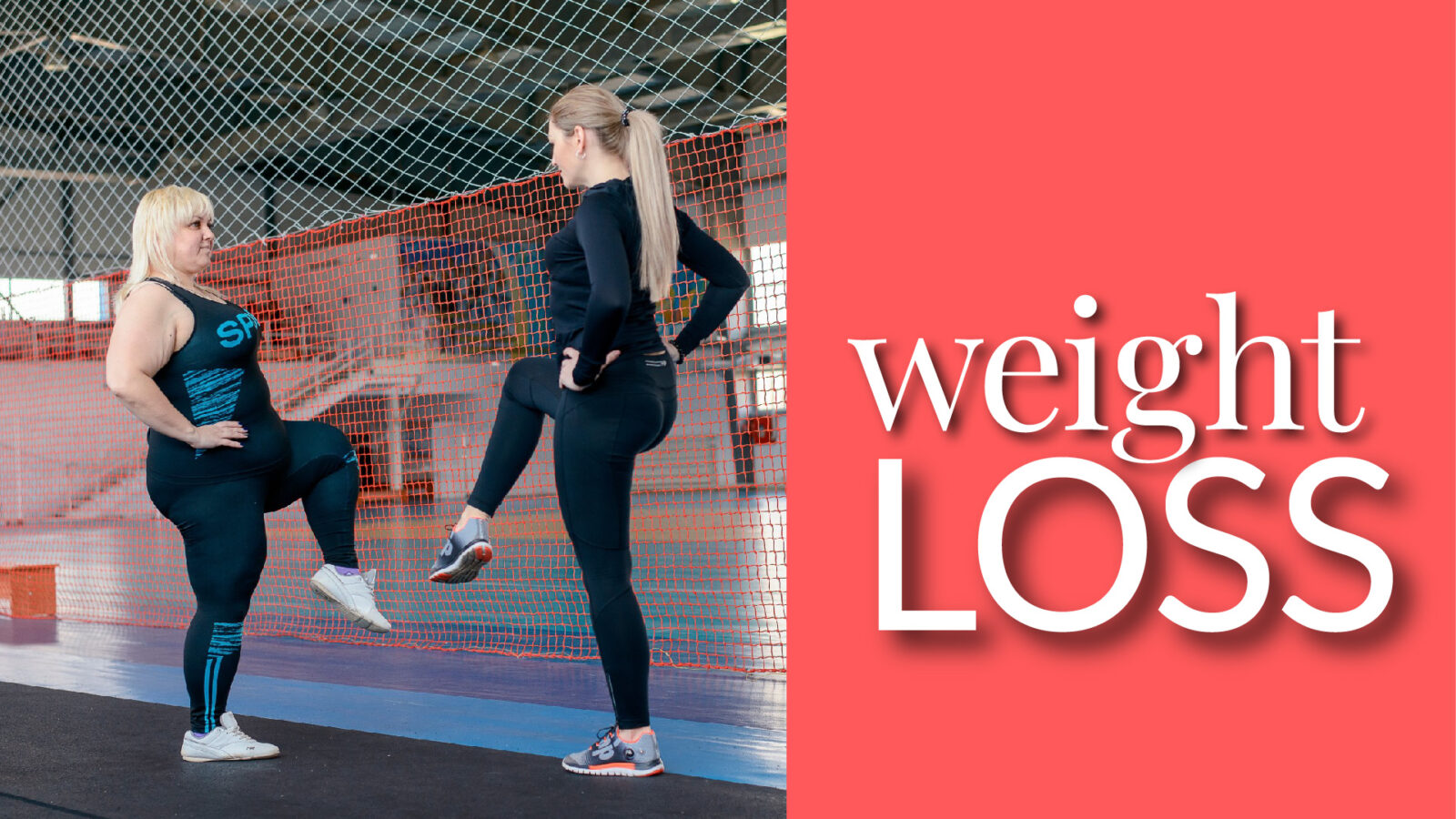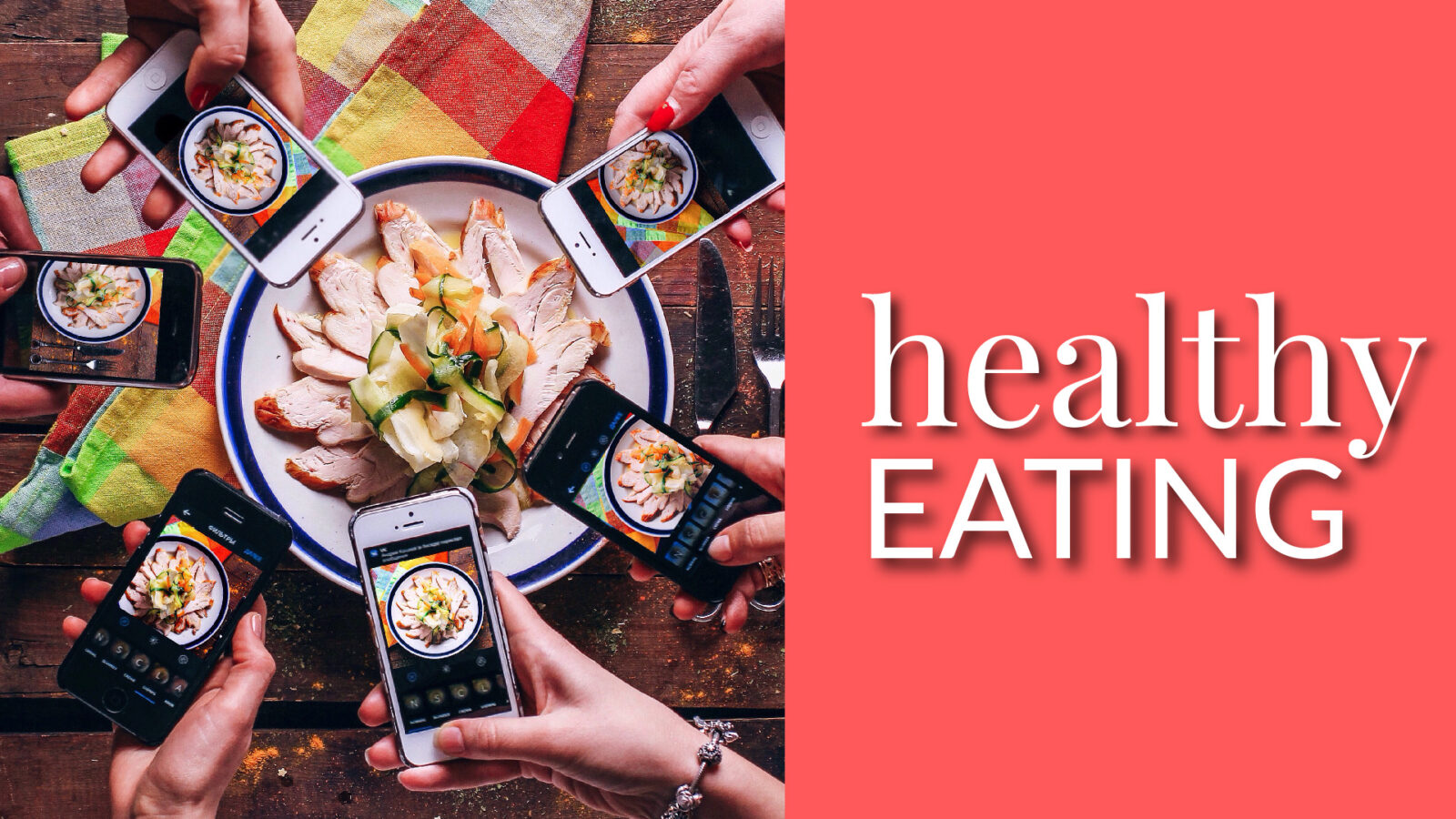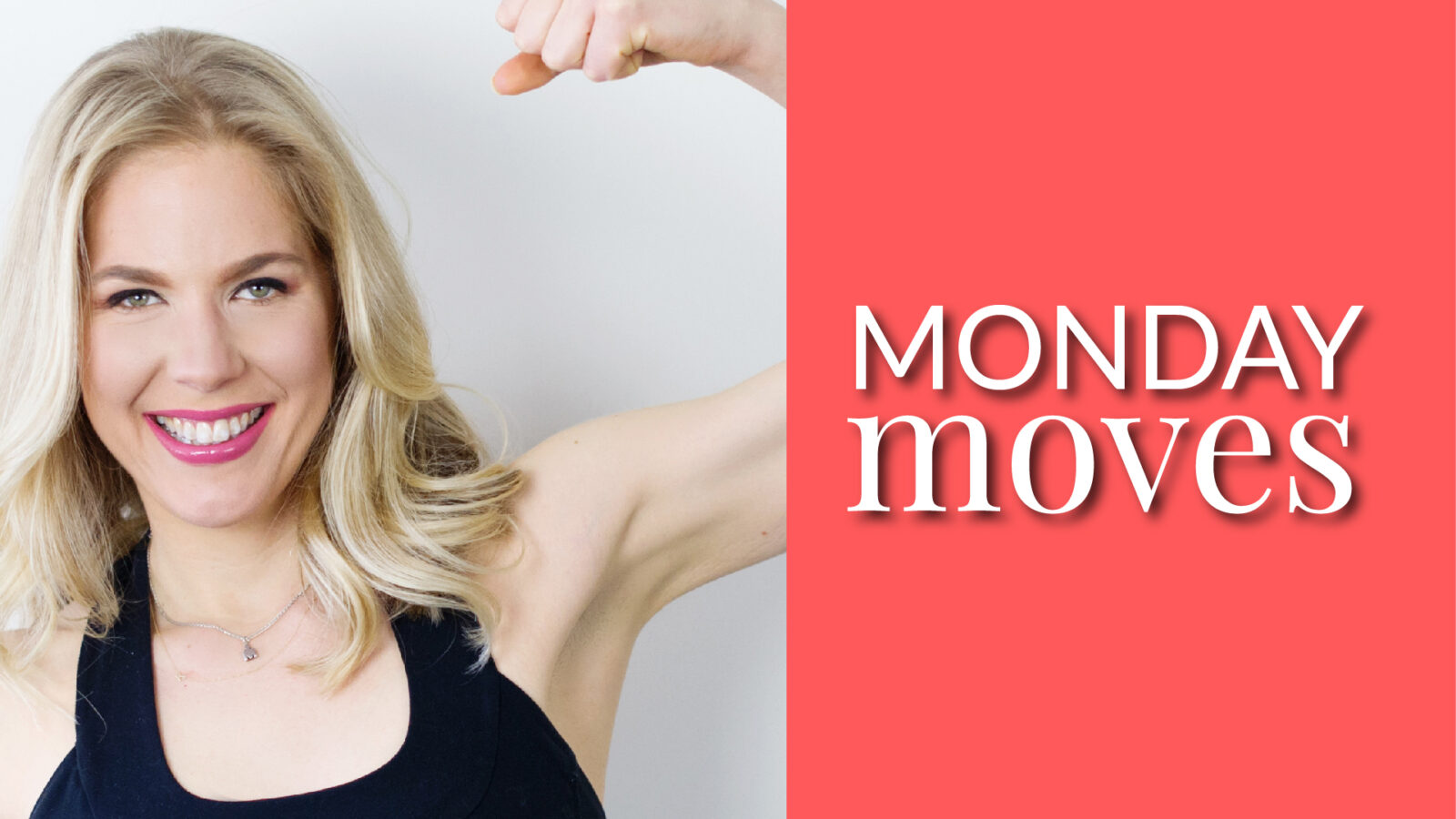Self Care is Not Selfish

Self-care is not pedicures and long bubble baths. Self-care is not self-indulgent.
Yes, self-care can include those things — some pampering and alone time is a delicious part of life — but ultimately self-care is about treating yourself with the respect you give your loved ones, your work colleagues, and even the barista at Starbucks.
Too many of us constantly show up for others at the expense of our own health and talk to ourselves with a belittling and cruel inner dialogue that we wouldn’t use on someone in a service position, let alone our children. Self-care revolves around learning to show up for ourselves, to respect ourselves, and to treat ourselves with the dignity we offer others.
Respect yourself enough to “show up” for yourself
Set up systems that ensure you get to regularly exhibit acts of self-care such as moving your body, eating well, and taking “you” time. “Parent” yourself the way you would parent a child or care for an elderly loved one. Schedule activity into your calendar. Join a sports team or get a fitness buddy. Anything important should be something you have to “opt out of” not into. Make healthy food convenient and unhealthy food inconvenient. Carry almonds in your purse or car. Pre-wash vegetables for your fridge. Batch-cook healthy food to store in the freezer. Make extra dinner and bring it as your healthy lunch. You wouldn’t expect your kids (or someone else you care about) to eat food off of your plate, nibble while cooking, or mindlessly grab a chocolate bar at 3pm, but that is how many parents I work with feed themselves. Consider an evening or morning routine — even of 20 minutes — where you prioritise the activities that “fill your cup.” Read a book, listen to a podcast, meditate, journal, or take a bath.
If you can’t convince yourself to exhibit self-care for you, do it for everyone else
You can’t bring your “best” self to work or take care of your loved ones — let alone be happy and find the joy in life — if you consistently prioritize everyone else. If you constantly show up for others at the expense of your own well-being, you will eventually turn into an exhausted, burned out version of yourself. You are no good to anyone — including yourself — if you are depressed, irritated, or dead. You will be a better mother, daughter, boss, father, sibling — not to mention happier version of you — if you take care of yourself. You can’t pour from an empty cup! Protect the vessel!
Talk to yourself as if you love yourself. Can’t “lean in” to love just yet? Then talk to yourself with respect
Self-care includes how you speak to yourself — your self-talk. Too many of us are not only cruel to our physical beings (eating bad food, not exercising), we are cruel to our minds; we make ourselves listen to such unproductive, unloving, and belittling words.
Our self-talk is hurtful, harsh — harmful! We have different standards when speaking to ourselves than to a family member or friend. Ditch the shame spirals. Embrace “growth-oriented” self-talk. Learn to differentiate “shaming” self-talk from “guilt,” growth-oriented-behaviour–based self-talk. “Shame” is self-worth based. Shame-based self-talk — “you missed a workout; you’re so lazy” — simply leads to negative health spirals.
Guilt is behaviour based. You would never shame your child by saying that because they did badly on a test they were lazy and stupid; you would be compassionate and suggest solutions such as a tutor or a homework schedule. Why then do we shame ourselves when we miss a workout or indulge in a treat?
The next time you make a less-than-ideal health choice, note the behaviour you are not proud of and then use the experience as “data.” For example, if you miss a workout, note that, then work to understand why you made the less-than-ideal choice.
Then create systems to keep that situation from happening again. Were you too tired? Maybe you need to prioritise sleep. Were you not prepared? Maybe you need to leave a workout bag in your car. Yes, rigorously analyze any ACT (missed workout, negative self-talk, food binge, etc.), but do not connect the ACT to your worth as a human being. If you fall off your health horse, note the behaviour, course correct as quickly as possible, and get back on your horse a more informed rider.
Final thought
Even if self-care were a little selfish, no one should have to justify taking care of themselves. Being mindful of nutrition, getting adequate sleep, being active, and staying hydrated are not “prizes” that we win “if” we are “good” in other parts of our life. If you need to be selfish every once in a while, that is more than okay, as long as you allow the other people in your life to be selfish once in a while as well. The main take-away is yes, be kind and compassionate to your family and loves ones — show up for them — but also show up for yourself!
Originally published at THEYOUNGLONDONER












